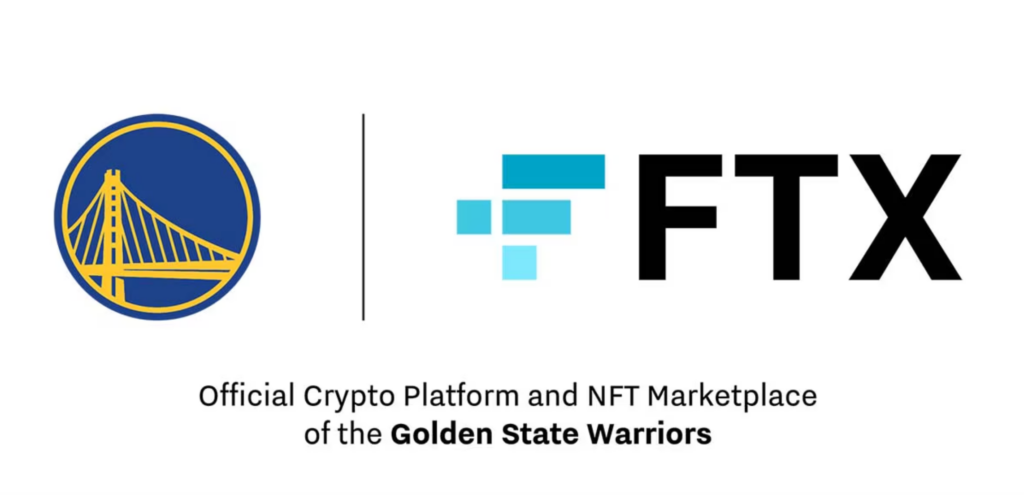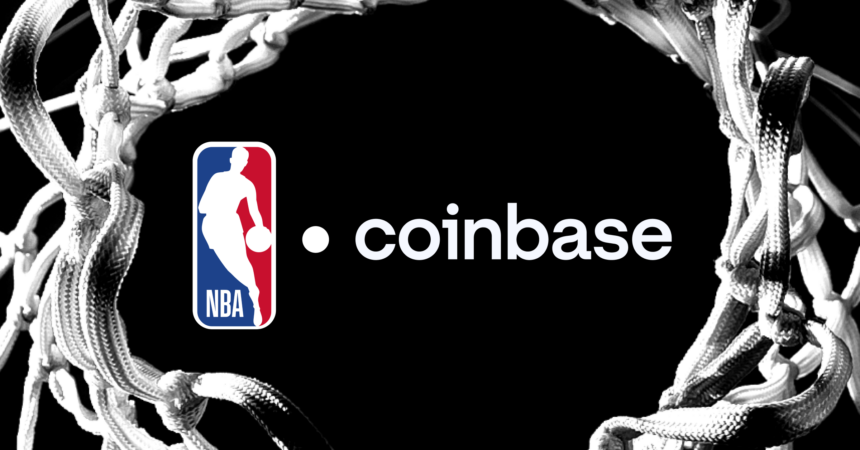FTX announced a partnership deal with the National Basketball Association’s Golden State Warriors in December 2021 — roughly a year before the exchange folded.
Coinbase has become one of the first United States-based cryptocurrency exchanges to dip its toe back into the waters of sports sponsorships after the collapse of FTX.
In separate October notices, Coinbase announced partnerships with the Canadian Football League, the National Basketball Association’s (NBA’s) Golden State Warriors, and the Nike Melbourne Marathon Festival. Before its collapse in November 2022, FTX partnered with the Warriors in a deal that resulted in a non-fungible token (NFT) collection and distribution of Bitcoin to local nonprofit organizations.

December 2021 announcement between FTX and the Golden State Warriors. Source: NBA
According to Warriors chief commercial officer Mike Kitts, the Coinbase partnership was aimed at “building fandom using blockchain technology.” The cryptocurrency exchange already has deals with the Women’s National Basketball Association , NBA, NBA G League, and NBA 2K League.
Are teams more open to crypto sponsorships?
With the deal underway, Coinbase seems to be filling the void of a crypto company sponsoring the Warriors after FTX collapsed in 2022. Negative media attention from the 2022 crypto market downturn and FTX’s downfall resulted in many sponsorship deals being quashed.
Crypto.com has also picked up some of the industry’s slack, partnering with the UEFA Champions League in August. Coinbase and Blockchain firm BlockDAG also announced deals with German football club Borussia Dortmund.
At its peak, FTX formed partnerships with high-profile sports figures such as Shaquille O’Neal, tennis star Naomi Osaka, and football legend Tom Brady. The deals included the rights to rename the home arena for the NBA’s Miami Heat to the FTX Arena until 2040.
Cointelegraph reached out to Kitts for comment but did not receive a response at the time of publication.
After its collapse in 2022, FTX debtors attempted to reverse some of the payments the exchange made for sponsorships. The money used for the deals was allegedly involved in misappropriating funds from the exchange’s sister firm, Alameda Research — a fact brought up the criminal trial of former FTX CEO Sam Bankman-Fried.




